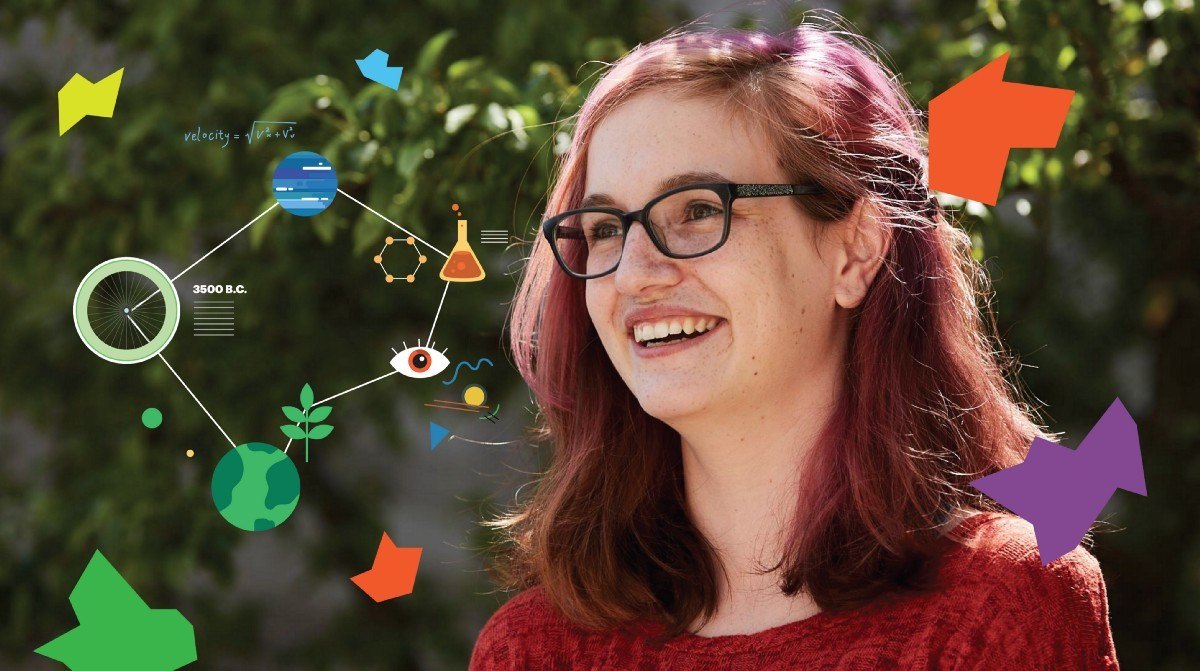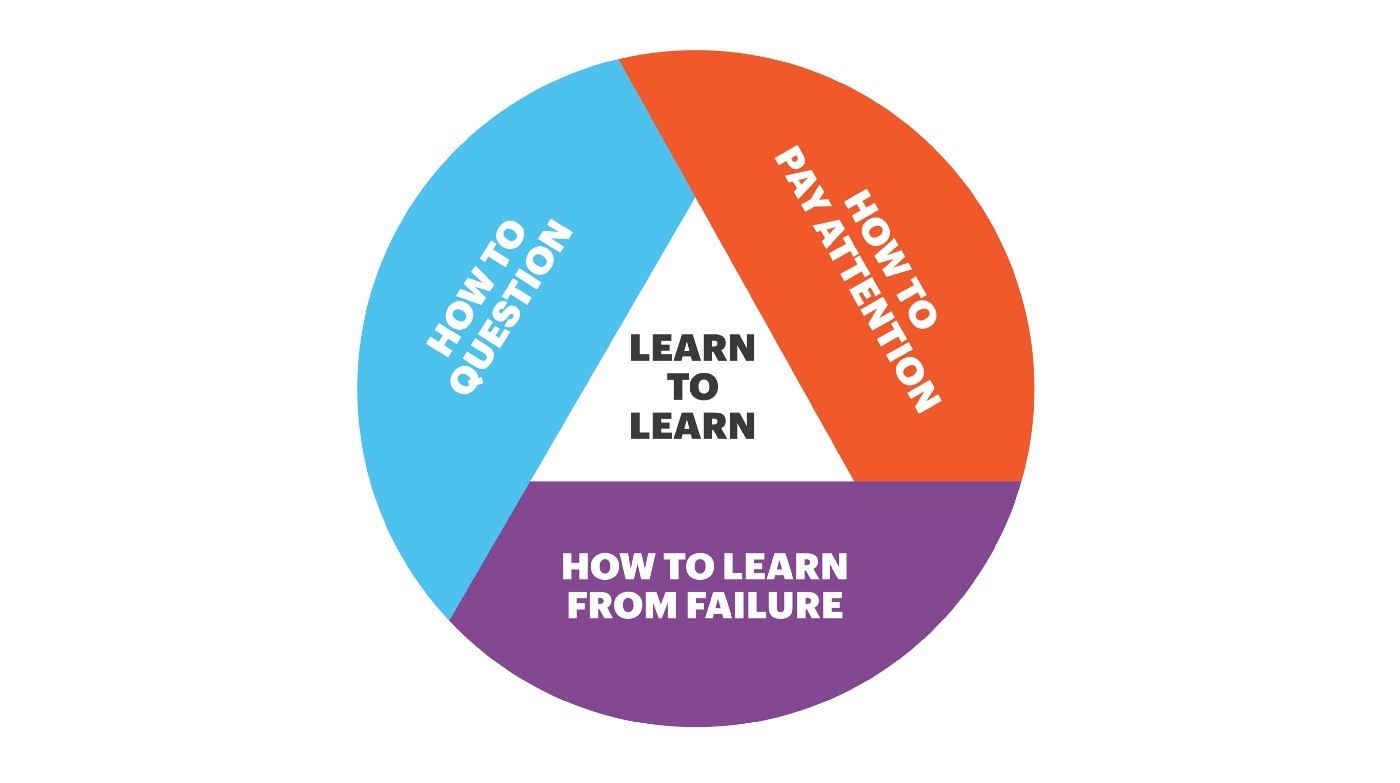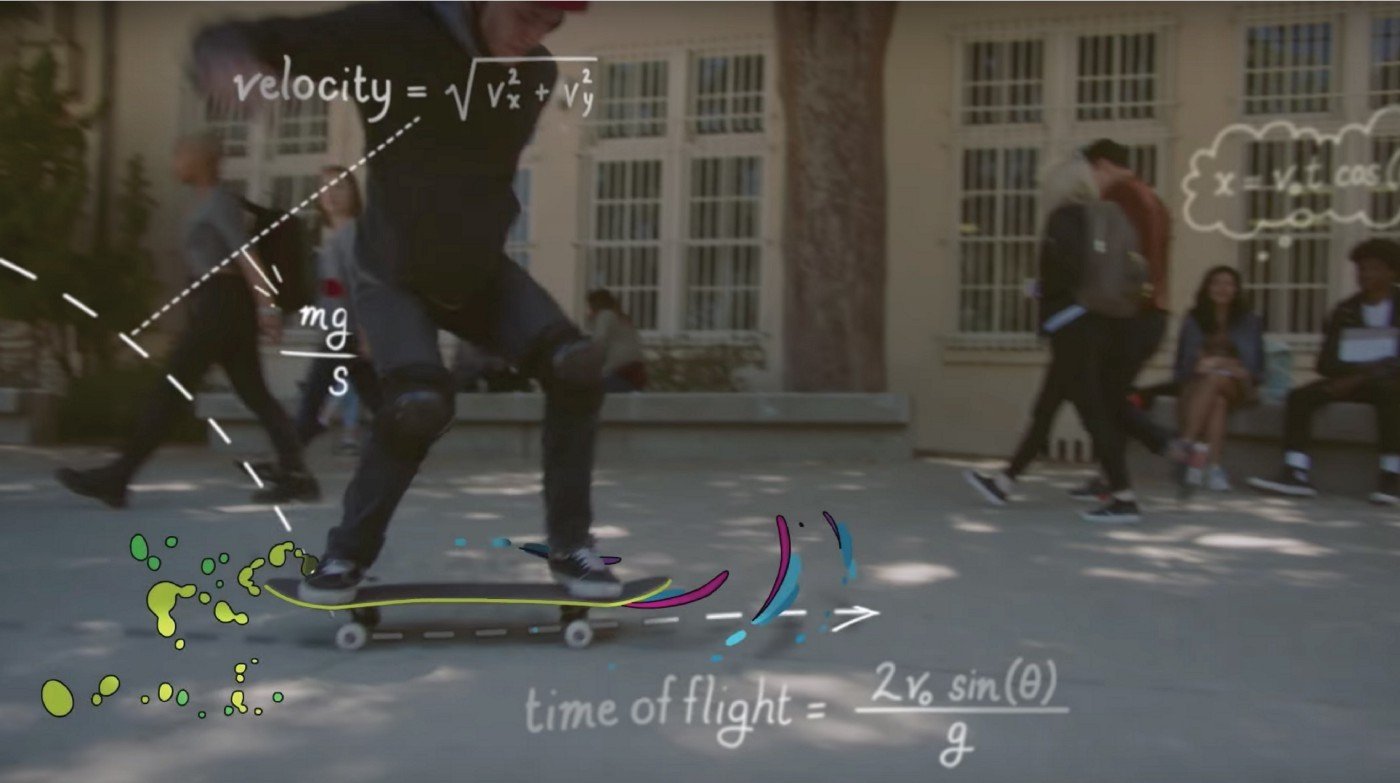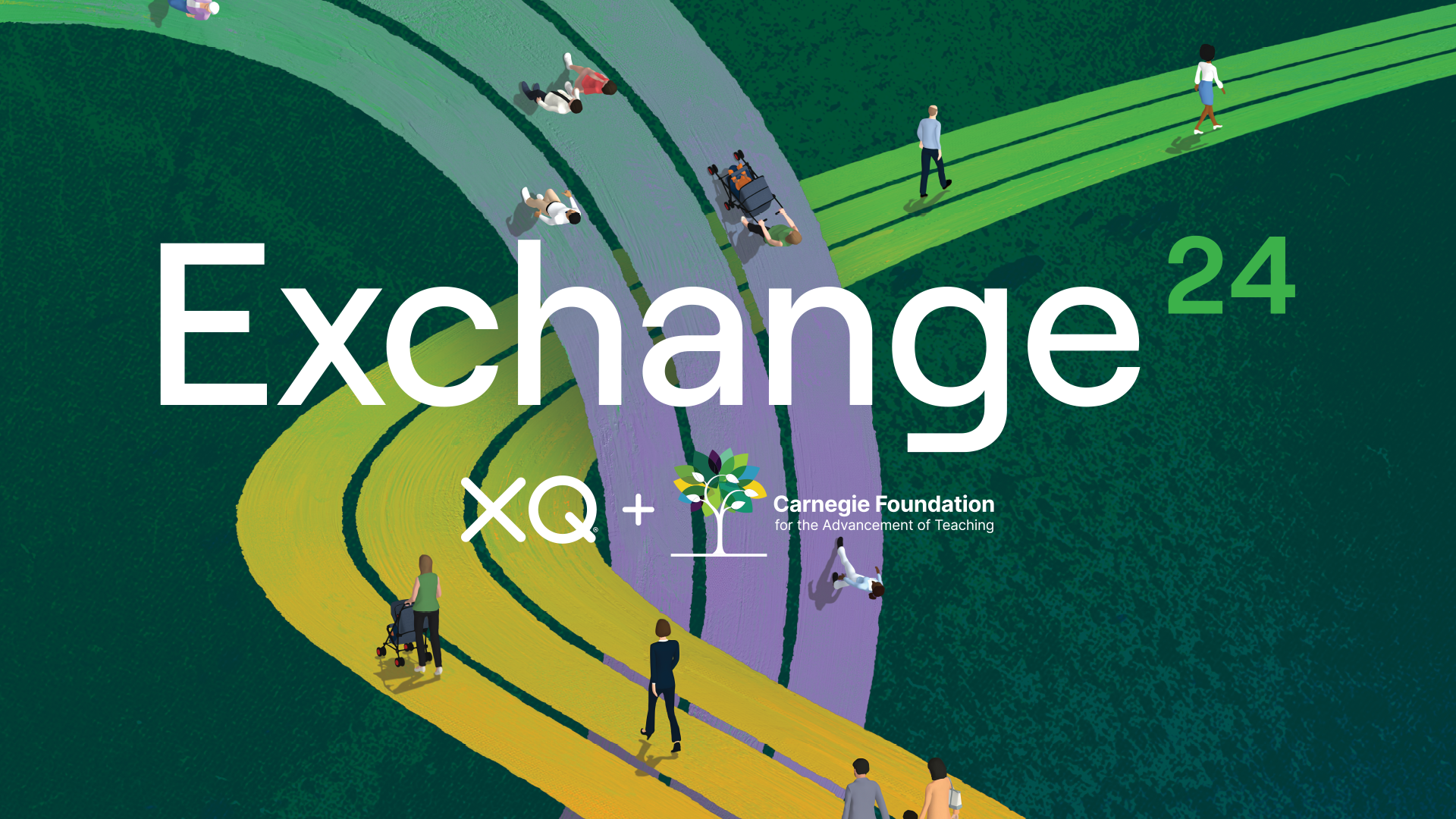What do young people need to learn today to be prepared for tomorrow?
We cannot anticipate the challenges today’s children will confront as grownups, nor can we conceive of the solutions they will devise. How can we ensure they're prepared for the future?

We cannot anticipate the challenges today’s children will confront as grownups, nor can we conceive of the solutions they will devise. Technology, the planet, and society are changing faster than ever before. But this doesn’t mean we should discard the old disciplines of reading, math, science, and history for a shiny new curriculum of nanorobotics, holography, and multi-tasking.
Futuristic things that spark kids’ imaginations are useful, but the essence of a great education changes slowly. We may use new tools and topics to achieve it, but we still want our kids to:
- learn how to learn
- know the past
- wield the power of math and science
- experience and make art
- become good citizens
Let’s take a quick look at each of these.
Learning How to Learn
Since we cannot know exactly what young people will need to know to thrive, the most important thing may be that their education helps them learn how to learn, including:
How to Pay Attention
Learning requires the ability to focus. The technology that saturates kids’ worlds today offers constant distractions. Students must learn to overcome this, to set it aside and pay attention, for extended periods, to things that are difficult.
How to Question
Curiosity is what sustains learning, and skepticism about “established truths” is the beginning of new knowledge. Schools should cultivate both, to help students to develop critical thinking skills.
How to Learn from Failure
Students do better in school, and in life, when they realize that mistakes are opportunities for discovery and improvement, and that persistence can pay off. Research shows that this “growth mindset” can be taught.

These skills prepare students to continue learning throughout their lives. Our economy and society are changing fast — the jobs of the future mostly don’t exist yet — and so the people who are most likely to thrive are the ones who are prepared to continually adopt and grow.
The Essential Elements
Specific knowledge and skills are also part of the foundation for a lifetime of learning. The academic subjects included in a traditional American high school education are a good start. Within each of those subjects, and across them, there are essential elements:
Reading and Writing
Every student who graduates from an American high school should be able to “read like a detective and write like an investigative reporter.” That means they should be able to write a short essay expressing their perspective on something difficult they’ve read, using evidence from the text as the backbone of their argument. Research shows that this is the single most important skills for succeeding in college and other further academic studies.
Mathematical Reasoning
For an increasing number of college majors and professions, it’s essential to acquire skills in specific areas of math. But, regardless of academic and career path, all of us — every American — should be able to engage in mathematical reasoning, so we can make good decisions about everything from credit cards to claims made by our political leaders. Every high school graduate should be able to engage in algebraic thinking and mathematical modeling to understand quantitative relationships and to generalize patterns.
Scientific Knowledge and Thinking
Learning to “think like a scientist” is important for everyone, even those who eventually choose careers in other fields. The scientific method — systematic observation, measurement, and hypothesis formulation, testing, and modification — has applications across many areas of modern life, including business. And, given the public policy decisions that will need to be made in the 21st century, it’s especially important that all citizens have a baseline understanding of ecosystems and earth science.

Knowledge of the World and the Past
Our country’s civil and political life will depend on all citizens having a shared knowledge of world history. Students should be enabled to develop their own informed perspectives, including through reading key primary texts, from the Declaration of Independence to first-person accounts of what it has been like to live at various times and places. They should also learn how to share those perspectives with classmates and others in a civil and constructive way.
The Arts
Every American should graduate from high school having read literature from America and the world. They should experience and make art and music in many forms. Every student should be encouraged to choose at least one art form that especially moves them and really learn about it — what are its traditions, who are its greats, what makes it beautiful?
A great education is a long and rewarding journey which never ends. High school is a key stage in that journey when students can acquire the foundations for success in later life. Let’s ensure that every American student can make the most of this opportunity.









